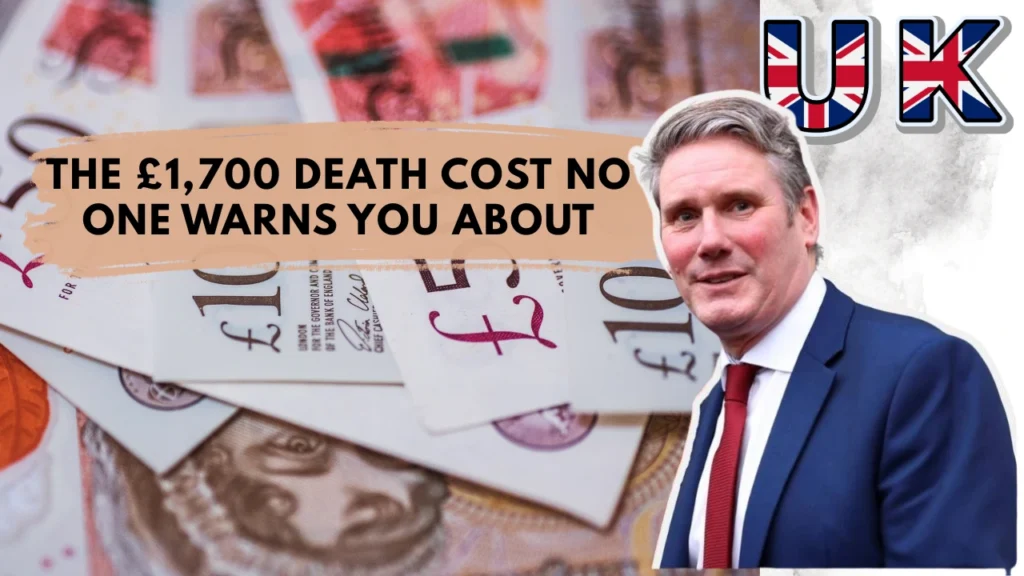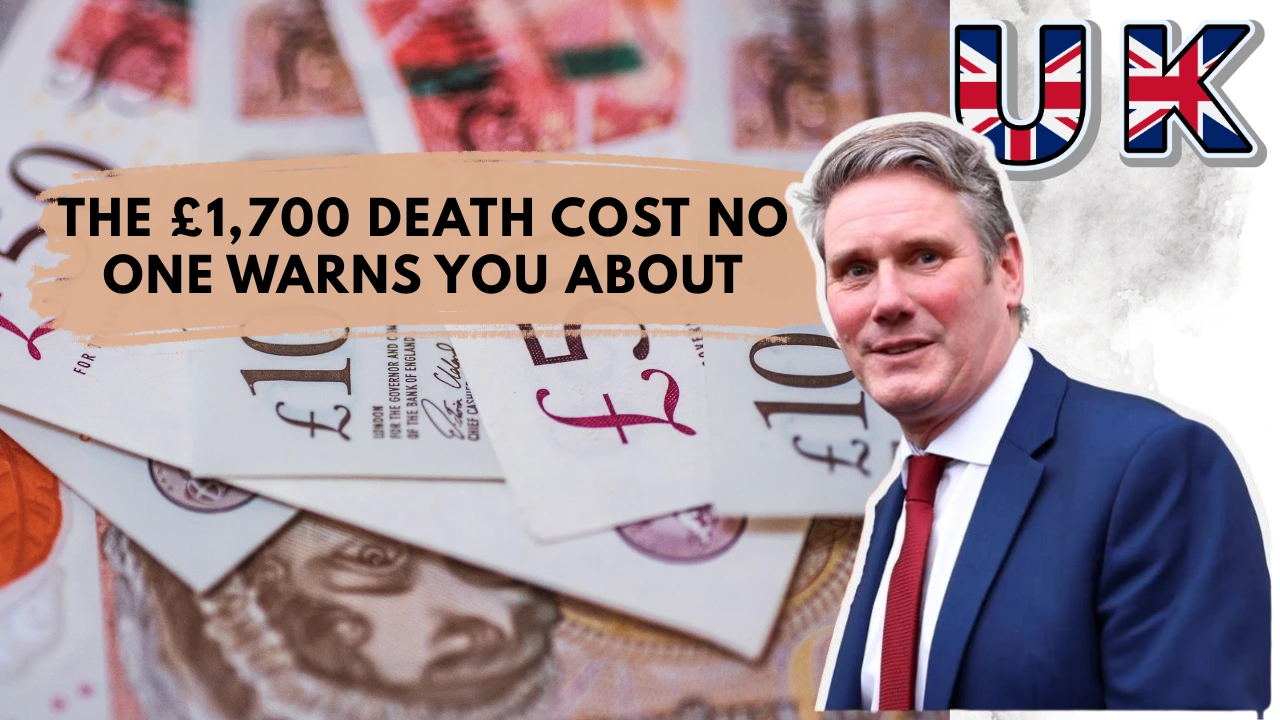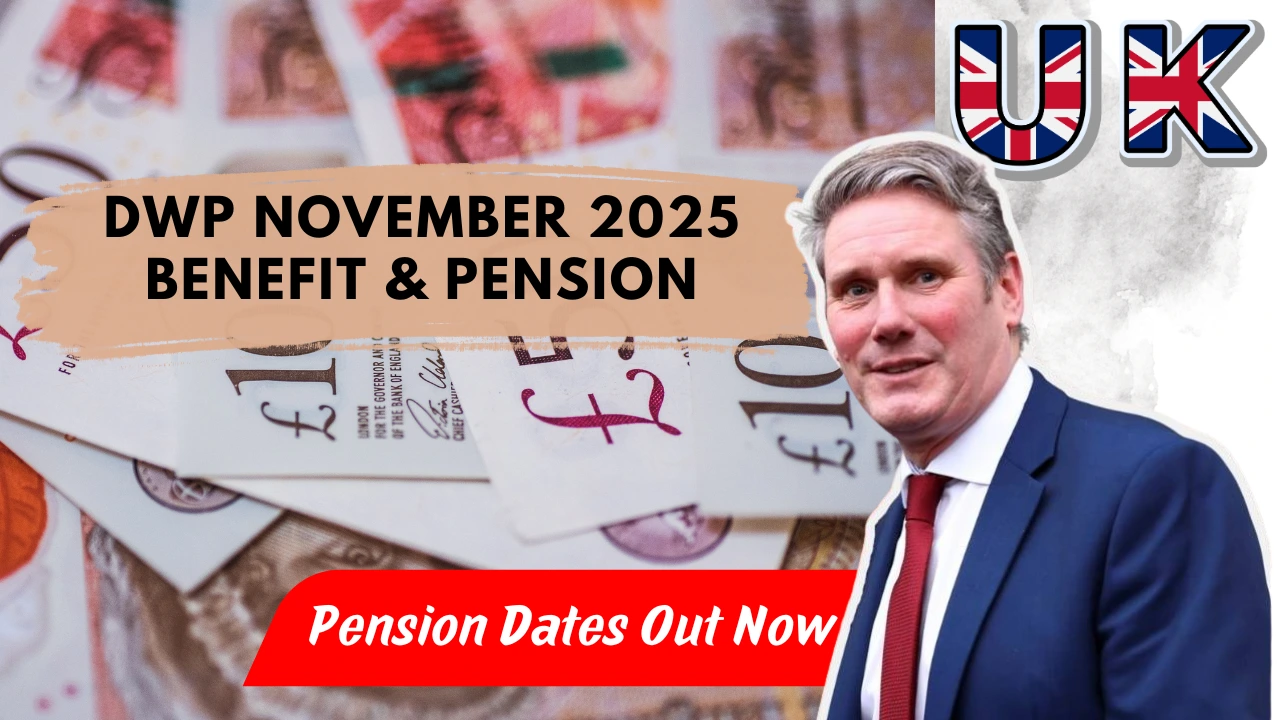The £1,700 Death Cost No One Warns You About:When someone close to you passes away, the emotional toll is immense and then there’s the financial burden that often arrives unannounced. In the UK today, many families are discovering a hidden shock: a typical “death bill” shortfall of £1,700 piled on top of funeral and legal costs.
This unexpected sum can push already stretched households deep into debt or force them into desperate coping strategies. With inflation biting harder and living costs surging, this silent burden is becoming a national concern. In this article, we break down what goes into that “£1,700 death cost,” why it’s rising, how it hits different regions, and what families can do to prepare before tragedy strikes. “The true cost of dying isn’t just emotional — it’s financial too. Planning ahead is the kindest gift you can leave behind.”
The £1,700 Death Cost No One Warns You About-Overview
| Article on | The £1,700 Death Cost No One Warns You About: UK Households Face Shocking New Pressure |
| Hidden Cost | UK families face an unexpected £1,700 shortfall after a death. |
| Main Expenses | Flowers, travel, legal fees, memorials, and catering add up fast. |
| Average Funeral Cost | Around £4,000–£5,000; total “cost of dying” can reach £10,000. |
| Why It’s Rising | Inflation, regional price gaps, and social expectations. |
| How to Prepare | Plan ahead, compare quotes, and consider prepaid or insurance options. |
What Exactly Is the “£1,700 Death Cost”?
The term “£1,700 death cost” refers to the average unplanned, out-of-pocket expenses that UK families incur following death amounts that often aren’t included in basic funeral estimates. These are the hidden costs that catch grieving relatives off guard.

Examples of such hidden costs include:
- Wake, catering, flowers, or refreshments
- Extra transport costs (e.g. bringing in relatives from afar)
- Legal, probate, or estate administration fees
- Clearing out a home, renting storage, or disposing of belongings
- Unexpected taxes, utility bills, or arrears linked to the deceased’s home
- Headstones, memorials, or additional services not included in the “basic funeral”
- Travel or accommodation costs for mourners
Why Is This Burden Growing in 2025?
Several factors have intensified the pressure in recent years:
1. Inflation & Rising Input Costs
Funeral suppliers, florists, caterers, and undertakers all face higher costs for fuel, materials, staff wages, and energy. These increases are passed down to bereaved families.
“Death comes once, but its costs linger for the living.
Preparing today spares your loved ones tomorrow’s burden.”
2. Increasing Expectations & Social Norms
Societal pressure to “do it properly” with floral displays, catering, fancy hearses, and memorial services pushes families toward more expensive arrangements, even when they can’t afford them.
3. Regional Cost Disparities
Living in a major city like London or within the South East can add hundreds or thousands more to funeral costs compared to less expensive regions. For example, funerals in London often exceed £5,000, while in Wales averages might be closer to £3,500.
4. Professionalization & Regulatory Costs
The funeral industry has become more formalized: regulations, certifications, licensing, and compliance add to the baseline cost. Many farms of funeral operations, memorial stonemasons, and administrative services charge for each incremental “service” now things that were once handled informally by communities.
5. Inadequate Planning & Underinsurance
Too many households haven’t discussed or documented funeral wishes, nor set aside funds or purchased life/funeral insurance. This leaves survivors scrambling.
How Families Face the Issue?
When the funds don’t add up, bereaved families often resort to:
- Using personal savings
- Charging costs to credit cards
- Taking out high-interest personal loans
- Selling assets or belongings
- Crowdfunding or asking friends/community for help
- Downsizing funeral plans (e.g. fewer guests or fewer frills)
- Opting for direct cremation or stripped-down services
Broader Implications: Why This Matters to Professionals & Society
This issue is not only personal as it has ripple effects across industries and public services.
- Employers: Recognizing that employees can face sudden financial trauma, employers can support with compassionate leave, financial counselling, and bereavement benefits.
- Financial & Insurance Advisors: Advising clients should include end-of-life planning, not just retirement or investment.
- Funeral Industry: Greater transparency and regulation may be needed to curb surprise upcharges and promote fair pricing.
- Policymakers / Local Government: There is a role to improve awareness of support schemes, regulate funeral pricing, and provide safety nets for vulnerable families.
- Healthcare / Social Care & Bereavement Services: Professionals working with families at end-of-life should recognize financial stress as part of the grieving process and signpost resources.
Final Thoughts
The “£1,700 death cost” is more than a figure as it is a warning signal. It signals how many families are left vulnerable in their moment of deepest grief, forced into financial stress when they least need it. The emotional weight is heavy enough; the last thing loved ones should carry is a surprise debt.
FAQs for The £1,700 Death Cost No One Warns You About
What is the £1,700 death cost?
It’s the average hidden expense families face after a death in the UK.
Why does it happen?
Unplanned extras like flowers, travel, legal fees, and memorials add up.
How much does a funeral really cost?
Around £4,000–£5,000, but the total “cost of dying” can be nearly £10,000.
How can I avoid it?
Plan early, compare prices, and consider prepaid funeral plans.
Is help available?
Yes, low-income families can apply for the Funeral Expenses Payment.






